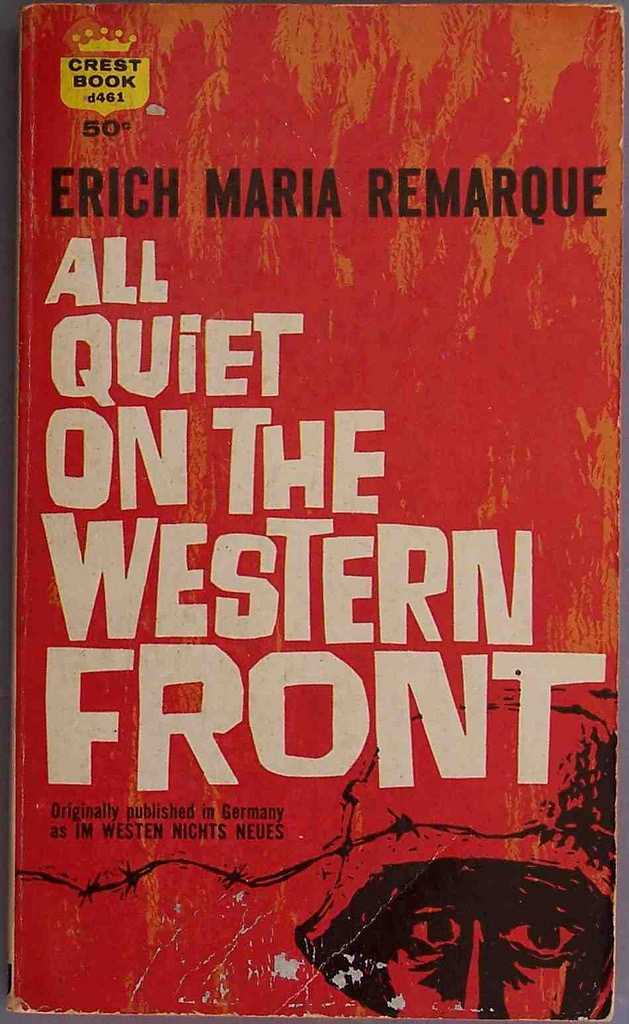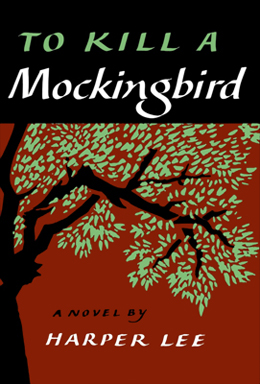By English Department Chair and teacher, Luke Gunnarson,
“Why would I read a book while I have such a busy life to live? I don’t need books; my life is a living book,” said the man. I recall this conversation vividly as it initially provoked quite a reaction within me as a college student. As a student of literature, I wanted to defend the value of novels to a professional man who seemed intent on sinking the library’s fiction section into the ocean of irrelevance.
While his proudly stated sentiment echoes many real-world realities about the challenge of finding time to read, and I especially appreciate that as a working parent, the rewards of reading novels are worth considering.
In a 2016 TIME magazine online article, Sarah Begley notes that “It's well-established science that reading boosts vocabulary, sharpens reason and expands intellectual horizons. But the latest round of research on the benefits of literature focuses on how it improves not our IQ, but our EQ” (Read a Novel, par 1). This direction in research has an interesting point. While “book-smarts” might often be contrasted the idea of “practical knowledge,” consider how useful it is to be able to connect with the complexities of others. EQ, or emotional quotient, relates to the ability to feel empathy for others, be self-aware, and dealing sensitively with other people.
Two of my favorite classic novels that connect to this idea of empathetically “reading into the complexities of other people” are:
All Quiet on the Western Front: In this text, readers eyes are opened to the effects of war on an individual soldier in WW1.
To Kill a Mockingbird is another novel that can grow a reader’s sense of relating to a person who is on the fringes. In this coming of age story, Scout encounters Boo Radley and Tom Robinson and learns to judge by more than society’s label.
As we start a new school year, let’s reconsider the value of reading novels.



